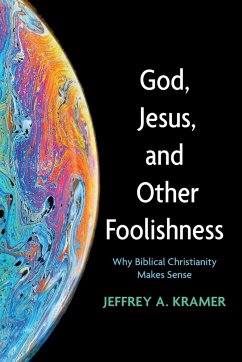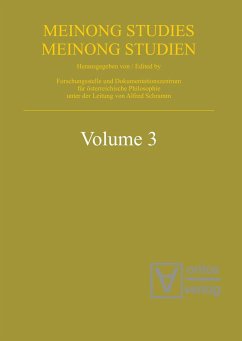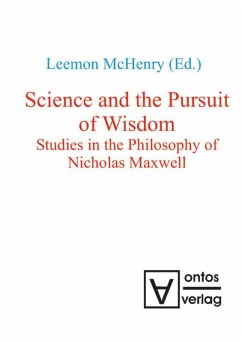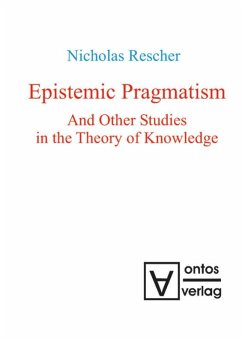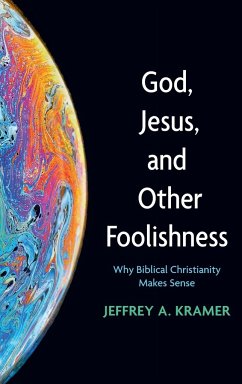
God, Jesus, and Other Foolishness
Versandkostenfrei!
Versandfertig in 1-2 Wochen
47,99 €
inkl. MwSt.
Weitere Ausgaben:

PAYBACK Punkte
24 °P sammeln!
In our post-Christian society many skeptics, atheists, and agnostics assume that the Christian faith involves belief in spite of a lack of evidence and that Christianity encourages its adherents to be satisfied with not understanding the world. This is untrue. Christianity has a legacy of thought and logic, and a convincing case can be made that modern science and Western culture could only have sprung from the Judeo-Christian worldview. Although questions of origins, purpose, and meaning are not easily proved true in a ""scientific"" or empirical sense, things can be true without empirical pr...
In our post-Christian society many skeptics, atheists, and agnostics assume that the Christian faith involves belief in spite of a lack of evidence and that Christianity encourages its adherents to be satisfied with not understanding the world. This is untrue. Christianity has a legacy of thought and logic, and a convincing case can be made that modern science and Western culture could only have sprung from the Judeo-Christian worldview. Although questions of origins, purpose, and meaning are not easily proved true in a ""scientific"" or empirical sense, things can be true without empirical proof. It does not follow that religion is untrue or that religious belief is for the credulous and the gullible. Many of the presuppositions underlying any worldview cannot be proven empirically, and acceptance of many of the truth claims of atheism and postmodernism requires just as much faith as acceptance of the fundamentals of Christianity. This book is an attempt to demonstrate that biblical Christianity is true, in the sense that it is a logical interpretation of reality and our lived experience, and that the implications of Christian faith make more rational sense than a rejection of that faith.




